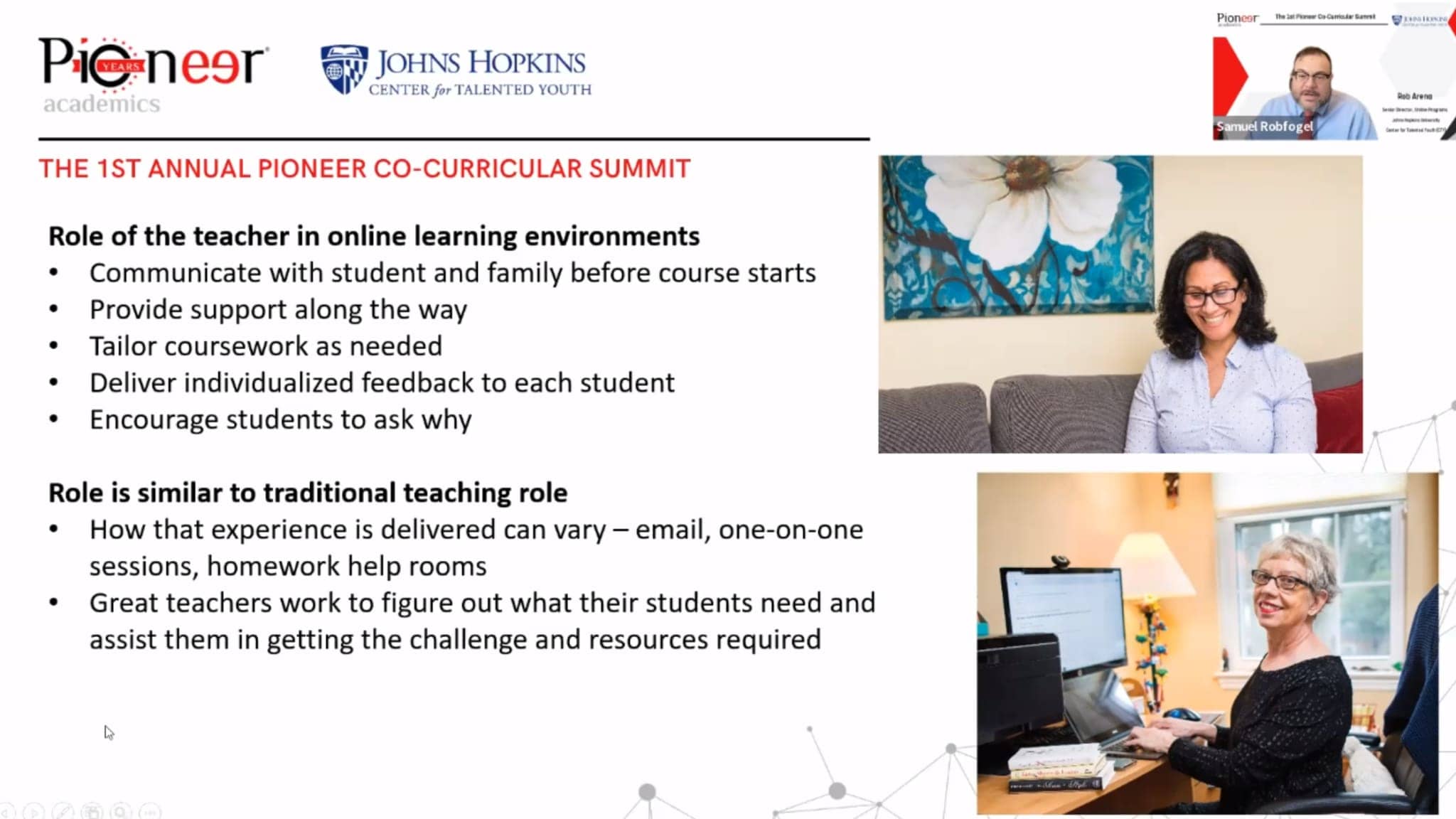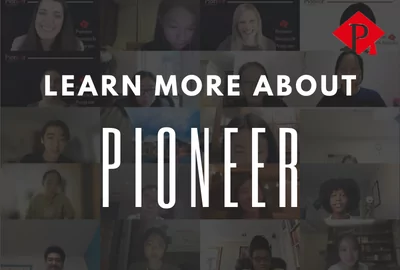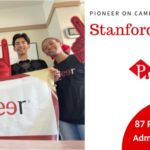Community, mentoring, enrichment, acceleration, emotional growth, permission to experiment, are all among the advantages of online education as part of an advanced young learner’s total educational experience. Sam Robvogel and Rob Arena, two senior directors of Johns Hopkins University’s Center for Talented Youth, reflect on how the increased awareness of online education in the post-COVID era offers new opportunities and challenges for both participants and educators.
Thanks to the remote learning that was almost universal during the pandemic years, “everyone is familiar with Zoom now.” Online education, the direct descendent of the correspondence courses of decades ago, no longer just follows the model of, for instance, an employer’s online training program, where material is presented, the “student” answers questions, and the participant meets the qualifications by answering enough questions correctly. Innovations that have become standard for online education for young learners now include group activities and face-to-face time with instructors, a “hybrid experience” much like the educational format that Pioneer has used from its beginning.
One of the great advantages of the opportunity to work with groups of peers is that many talented young people find themselves for the first time in a situation where they are no longer “the smartest kid in the room.” This can be a learning experience in many ways, summed up by the story of a middle school student who said that when she came back to her traditional class in school, she “wasn’t as mean to the people who didn’t know all the answers anymore, because she had been in a class where she wasn’t the smartest kid.” Emotional and social growth can accompany academic growth.
Advanced learners, research shows, have “passionate interests” and are willing to devote a lot of time to pursuing them. Becoming part of a community of online learners with the same interests and the same kind of curiosity helps young learners flourish, and provides an enriching experience in their field of interest, while still allowing them to maintain the stability and valuable social contacts of their day-to-day academic situation.
As online education becomes more widespread and intentional, some of the challenges of being part of a rapidly growing field are becoming clearer.
Standards. “Just because something is online doesn’t mean that it shouldn’t be expected to maintain the level of quality and expectation that the field has for the subject material,” says Rob Arena, who goes on to point out how critical it is for online educational programs to be evaluated against the standards that are required for a student’s education. Delivery standards in particular are measurable, and there is a growing field of expertise in how to design them so that their results can be measured.
Teachers. Good mentoring is as important in online education as it is in the classroom, so one of the challenges is forming a connection that feels personal even though it is online. Particularly with groups, a teacher’s need to engage everyone in the “room” can be a challenge. As remote learning is proposed as a way of ending “snow days,” more and more teachers will need to acquire this skill.
Behavior. Appropriate expectations of behavior in the virtual world and codes of conduct that are very clear need to be developed.
Cultural differences. In Johns Hopkins’ CTY online programs, “one in five students is coming from outside the United States.” These students come from different pedagogical experiences, with different ideas of what a classroom is like, and how teachers and students interact. Teachers need to be aware that what may look like “disengagement” in an American context could be something quite different in the student’s environment. Designing multiple ways for students to demonstrate their growth in knowledge is essential to accommodate such differences.
Safety. Especially with international students, the topics that can be discussed in an online group need to be thought through carefully, as does whether or not to record sessions. Teachers need to be sensitive to possible repercussions for students who are at a vulnerable developmental stage and looking for a safe place to explore ideas.
The benefits for students of a carefully designed online educational experience can be life-changing. “Owning one’s own learning,” pursuing something for the sheer joy of learning, even if it might not “succeed,” or one might not be good at it, is a new experience for most young learners. Finding a community of peers who are interested in different fields is another. Striving for innovation and creativity rather than learning facts is a foundation for ongoing creativity in a young person’s life.
And perhaps the greatest benefit is learning that one is not alone. One student summed up the experience: “I found my people, I found a community, I felt welcomed, and that I belonged there in ways that I hadn’t before.”



 Doing research is commonplace.
Doing research is commonplace.


